In recent years, virtual reality (VR) technology has permeated various aspects of life, including how people celebrate milestones. One of the more surprising developments has been the emergence of VR church weddings, where couples exchange vows in a digitally rendered chapel, often with guests attending remotely. While this futuristic approach seemed like a romantic and convenient alternative, recent data from Anthropological Review suggests a troubling trend: couples who marry in VR ceremonies are divorcing at higher rates than those who opt for traditional weddings.
The concept of a VR wedding initially gained traction during the pandemic, when physical gatherings were restricted. Couples who couldn’t postpone their plans turned to virtual platforms to recreate the experience of a church ceremony. The appeal was clear—no venue costs, no travel hassles, and the ability to customize the digital environment to perfection. Yet, as researchers began tracking these marriages over time, they noticed a pattern that defied expectations. Instead of fostering stronger bonds through innovation, VR weddings appeared to correlate with shorter marital longevity.
One theory posits that the lack of physical presence during the ceremony might undermine the emotional gravity of the commitment. A traditional wedding involves tangible sensations—the weight of a ring, the warmth of a partner’s hand, the shared energy of a room filled with loved ones. In contrast, a VR ceremony, no matter how visually stunning, may feel more like a performance than a life-altering covenant. Without the sensory and communal reinforcement, some couples might struggle to internalize the significance of their vows.
Another factor could be the self-selecting nature of couples who choose VR weddings. These individuals may prioritize convenience or novelty over deeper marital preparedness. While not universally true, researchers speculate that some VR wedding couples might be more inclined to view marriage as a flexible arrangement rather than a permanent union. This mindset, combined with the ease of a digital ceremony, could contribute to a lower threshold for divorce when challenges arise.
Social scientists have also raised concerns about the role of community in sustaining marriages. Traditional weddings often serve as a public declaration of commitment, witnessed and supported by family and friends. The communal aspect creates a sense of accountability—couples may feel more compelled to work through difficulties knowing their relationship was celebrated by a network of loved ones. VR weddings, however, frequently lack this depth of social anchoring. When disputes emerge, the absence of a tangible support system might make separation feel like an easier out.
Interestingly, the data reveals that the divorce disparity is most pronounced among couples who had no prior in-person relationship before their VR wedding. Those who dated long-distance before marrying virtually fared slightly better, but still divorced at higher rates than couples who married traditionally. This suggests that shared physical experiences before marriage—not just during the ceremony—play a critical role in relationship resilience.
Critics of the study caution against drawing sweeping conclusions. VR weddings are still a relatively new phenomenon, and the sample size, while growing, remains limited. Some argue that the higher divorce rates might reflect broader societal shifts rather than a direct consequence of the wedding format. After all, divorce rates have been fluctuating across all demographics, influenced by factors like changing gender roles and economic pressures.
Nevertheless, the findings have sparked a broader conversation about how technology mediates human relationships. As VR becomes more sophisticated, its applications in intimate life—from weddings to virtual dating—will continue to expand. The key question is whether these innovations bring people closer together or inadvertently create emotional distance. For now, the data serves as a cautionary tale: while VR can simulate many things, the foundation of a lasting marriage may still require irreplaceable human elements.
Couples considering a VR wedding might take these insights as a prompt to reflect on what they truly value in their union. Whether virtual or traditional, a wedding is just the beginning—what follows depends on the depth of connection, communication, and commitment that no technology can replicate.

By /Jul 28, 2025

By /Jul 28, 2025
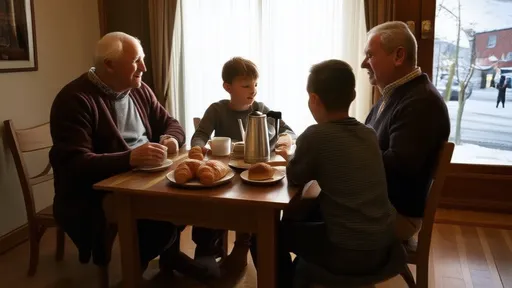
By /Jul 28, 2025
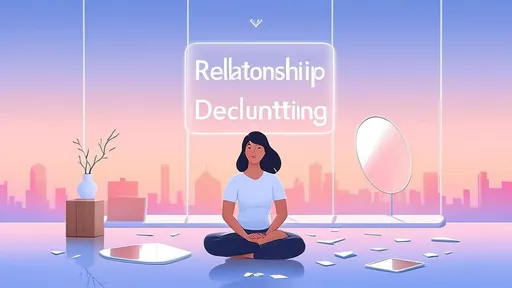
By /Jul 28, 2025
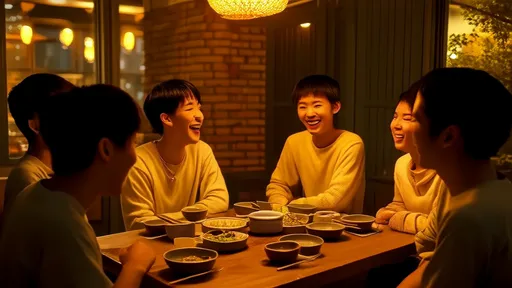
By /Jul 28, 2025

By /Jul 28, 2025

By /Jul 28, 2025

By /Jul 28, 2025
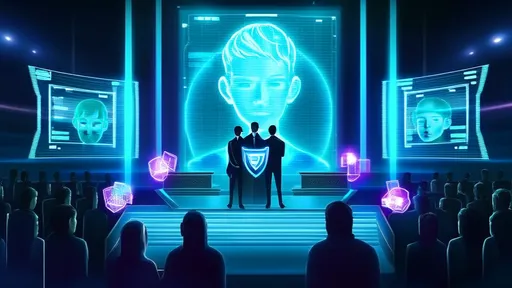
By /Jul 28, 2025

By /Jul 28, 2025

By /Jul 28, 2025

By /Jul 28, 2025

By /Jul 28, 2025
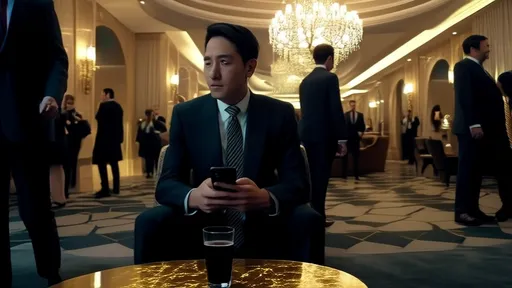
By /Jul 28, 2025

By /Jul 28, 2025

By /Jul 28, 2025

By /Jul 28, 2025

By /Jul 28, 2025

By /Jul 28, 2025
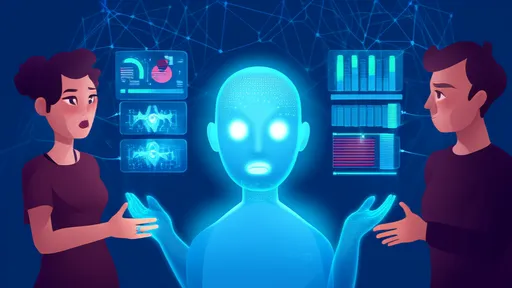
By /Jul 28, 2025